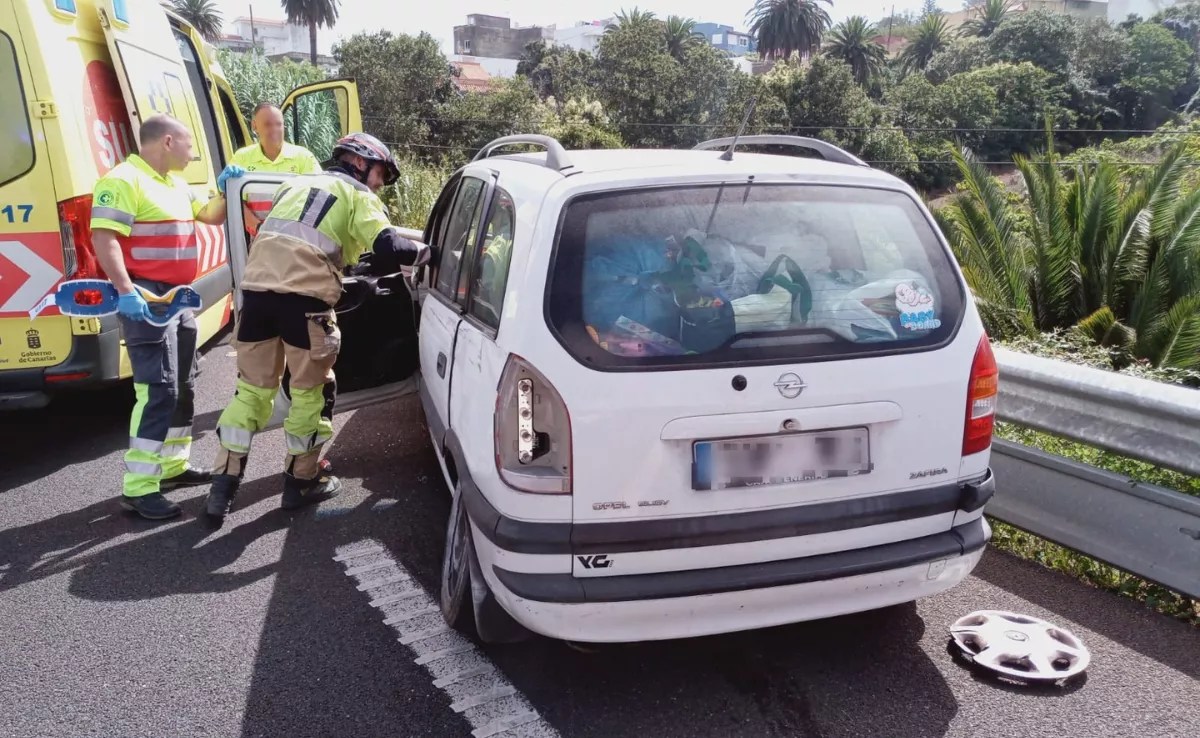The Los Realejos Town Hall has installed panels with agricultural and tourist information on twenty rural roads in Icod el Alto, in the middle of the municipality, to promote visits for educational or tourist interest, and to enhance the value of the middle areas. The first deputy mayor of Los Realejos, Adolfo González (PP), and the Councilor for Rural Development, Alexis Hernandez (PP), visited the area this week, where about twenty interpretive tables have been installed with geolocation data, characteristics or crops typical of the location, as well as QR codes, which can be read with mobile devices and which provide complementary information.
This project, valued at 28,600 euros, was presented by the Los Realejos City Council to the annual call for grants from the Canary Islands Rural Development Program (PDR), through the European Agricultural Fund for Rural Development (Feder), in which it obtained the go-ahead for its subsequent execution and financing.
The project received 28,600 euros of financing from the Canary Islands Rural Development Program
«The Canarian PDR subsidies were created with the aim of stimulating growth and promoting environmental sustainability in rural areas, as well as their socio-economic reality. Some objectives in line with this project of signaling, identification and dissemination through these interpretive tables that highlight our rural heritage and the agricultural reality of the mid-range areas “, as highlighted by the Councilor for Economic Promotion and Local Development, Adolfo Gonzalez.
The mayor Alexis Hernandez adds that «we are facing a new resource that will serve to enhance the rural areas of the municipality of The Realejos and that offers and facilitates information not only to the citizens of the area, in general, or to those who dedicate themselves or want to dedicate themselves to the agricultural sector, but can also serve as a tool of interest at an educational level, for field work with schoolchildren. Or for tourists who pass through our natural environments and cultivation areas, who will be able to have a better knowledge of this rural reality.

















